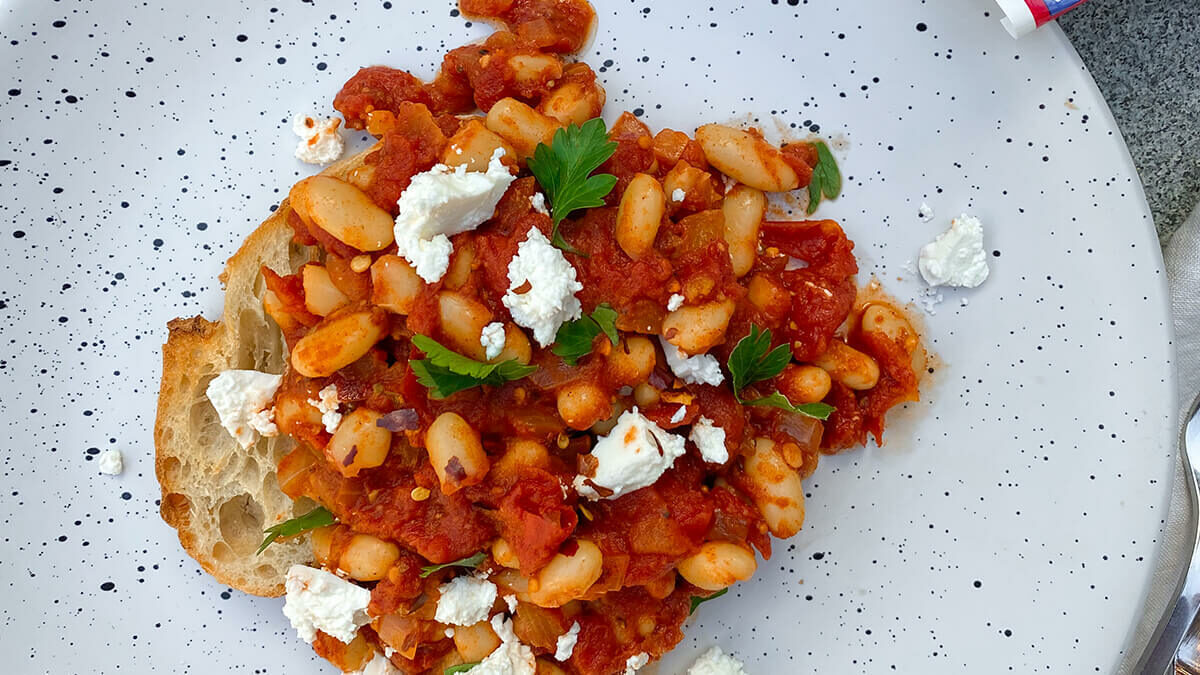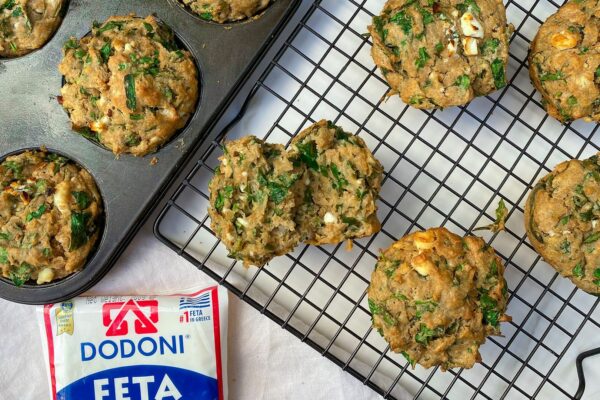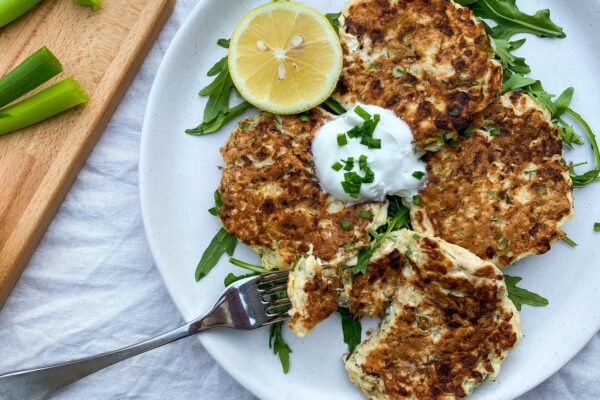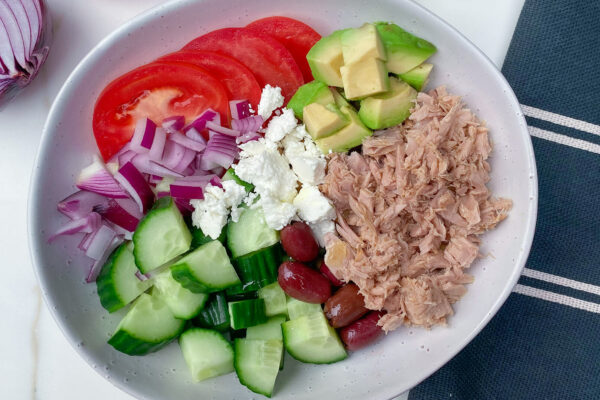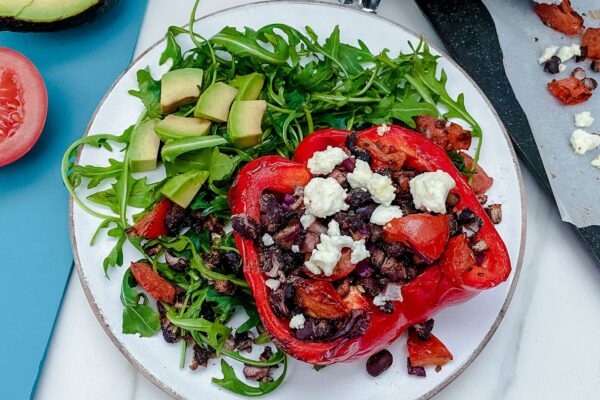Not only is feta cheese a delicious addition to a meal, but it also has a number of nutritional benefits that make it a great thing to incorporate into a healthy diet.
To start, feta is a great source of protein, which is a macronutrient that has an important part in every nutritionally balanced meal. It can be added to meals or snacks to boost the protein content and help keep you fuller for longer.
Alongside its protein content, feta contains a number of important nutrients. It’s a great source of calcium and actually contains more calcium than many other types of cheeses. Other nutrients it contains include B vitamins, phosphorus and other minerals. The nutrient profile of Greek feta, including the calcium and phosphorus content, can be seen to be beneficial towards our bone health.
Traditional Greek feta is actually made from a combination of sheep and goat milk. The milk of these animals is naturally higher in the A2 protein, has a beneficial fat composition and each contain their own nutritional benefits. For these reasons it is also said that sheep and goat milk (and as a result – Greek feta) can be easier to digest.
Speaking of fat composition, feta is seen to contain higher amounts of conjugated linoleic acid (CLA) than other cheeses. This is a fatty acid present in animal products that is said to have benefits towards body composition and body mass.
Another benefit of feta cheese is that it can be good for gut health. Through the fermentation process which it is made, it contains the probiotic known as lactobacillus plantarum and is said to have anti-inflammatory and immune supportive benefits.
Our brand of choice is Dodoni thanks to the high quality, authentic style feta they provide. With no unnecessary additives and only the purest ingredients, we know we can trust we’re getting the highest quality Greek feta.
To gain the benefits of feta and enjoy the delicious taste, here are some recipes that our 28ers love:

